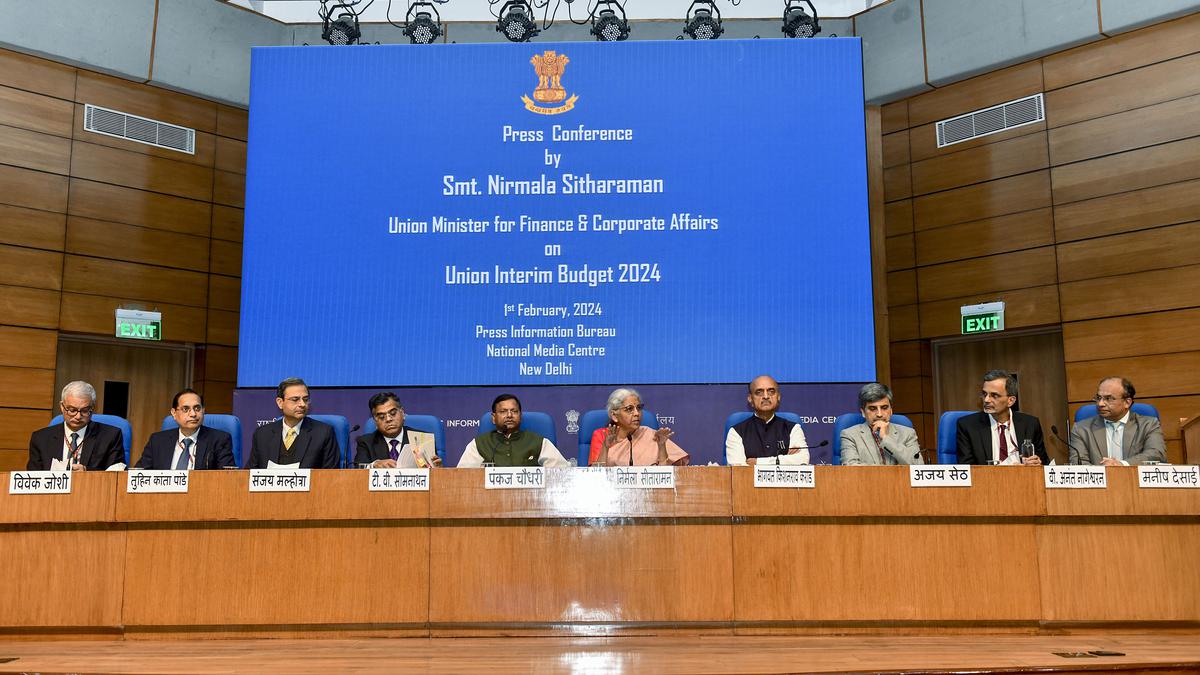What are the key takeaways from your Budget?
The process started after PM Modi’s address from Red Fort. We have discussed in great detail the roadmap for making India a developed country by 2047. We are focusing on four castes for development issues. They include women, farmers, the poor and youth. We will fulfil their aspirations. They will progress and because of their progress, the country will also progress. This is what we have tried to say in this Budget and we have announced some schemes and some have been continued.
We have continued public investment but we are seeing scaling up of investments by private sector in infrastructure. For the country to progress on innovation, we have announced the amount and taken steps to achieve that. In the July Budget, we will announce the detailed plans.
This Budget has little or no populism. What is the thought that went behind taking such a bold move ahead of a general election?
The PM said 10 years of substantial systemic reforms, 10 years of taking the route of empowering people and not going by entitlement and that is why when houses reach people, electricity reaches people, you have money coming through direct benefit transfer. You financially empower them, you also make sure that opportunities are given to them. The mantras that we used — whether it was Sabka Saath Sabka Vikas … you are looking at making sure that you actually don’t differentiate between beneficiary on any other score except that he deserves to get this service. There is actual development reaching the ground. There is no appeasement of sorts. There is no differentiating between people. As a result, you find in last 10 years, we have actually laid the foundation for people to now think in terms of meeting their aspirations.
The Vote on Account Budget was not seen as an instrument to tell people we can do this, we can do that without having performed in the last ten years. So we didn’t want any populism coming in here. We knew our track record will explain it.
In the past 10 years, you have given electricity, gas connections, housing and created 500 million new stakeholders in the economy. How do you see it playing out for the economy and society going forward?
That will be the trigger point for any consumption in the future. Consumption not just of basic necessities, consumption not just of food products, consumption also of services, consumption of education not as a corporate education but seeking skills, seeking knowledge, seeking opportunity and it is for that the innovation fund has been set up and a large corpus is being given over the five years and also making sure that some the ‘PM Shree’ schools are endowed enough to give them opportunities.





